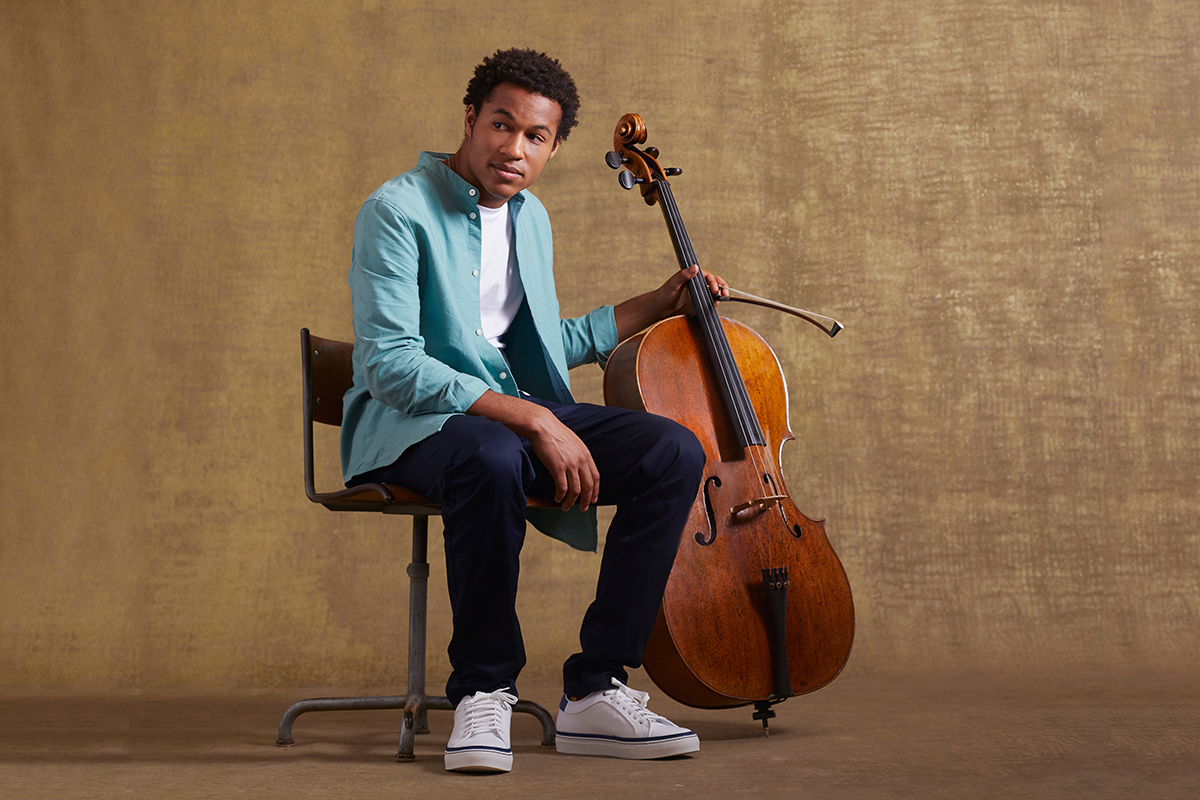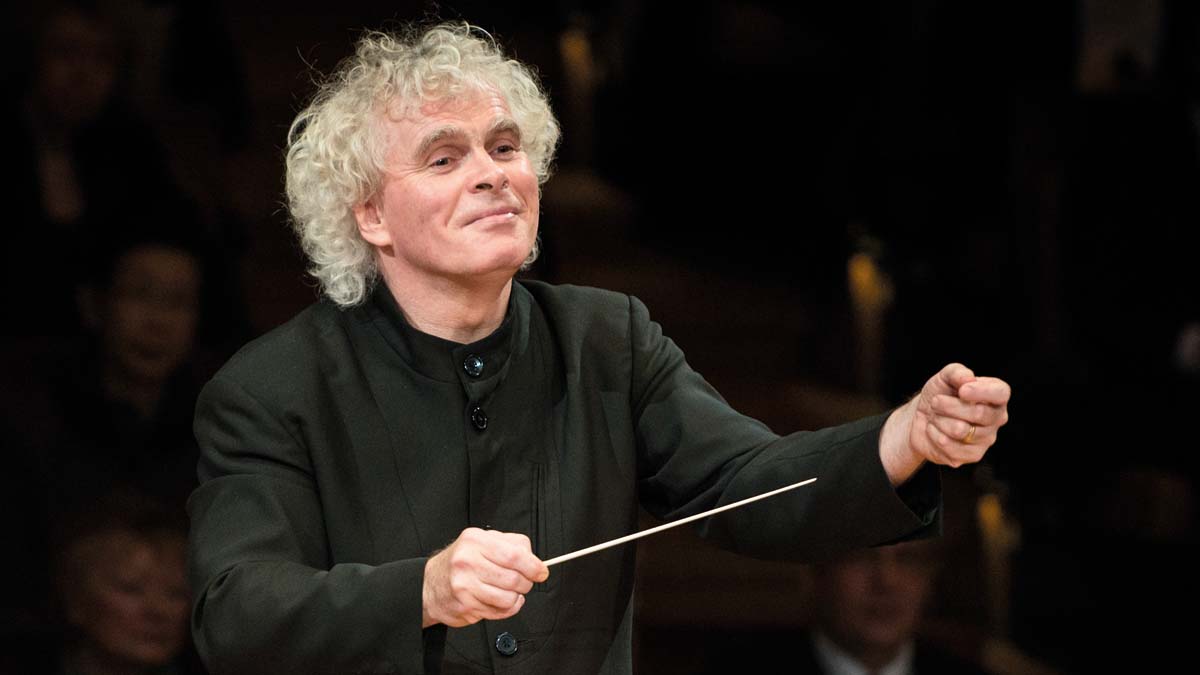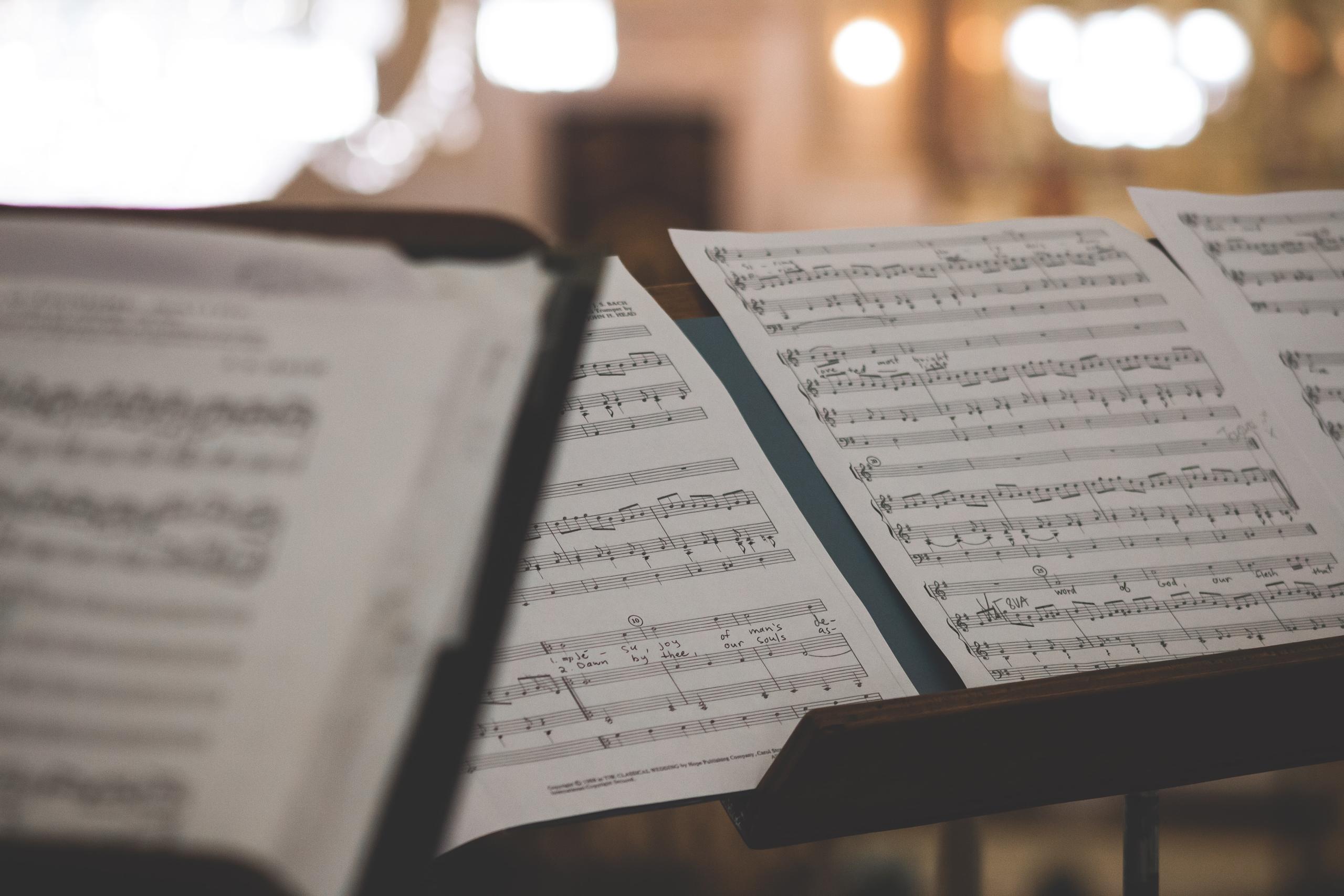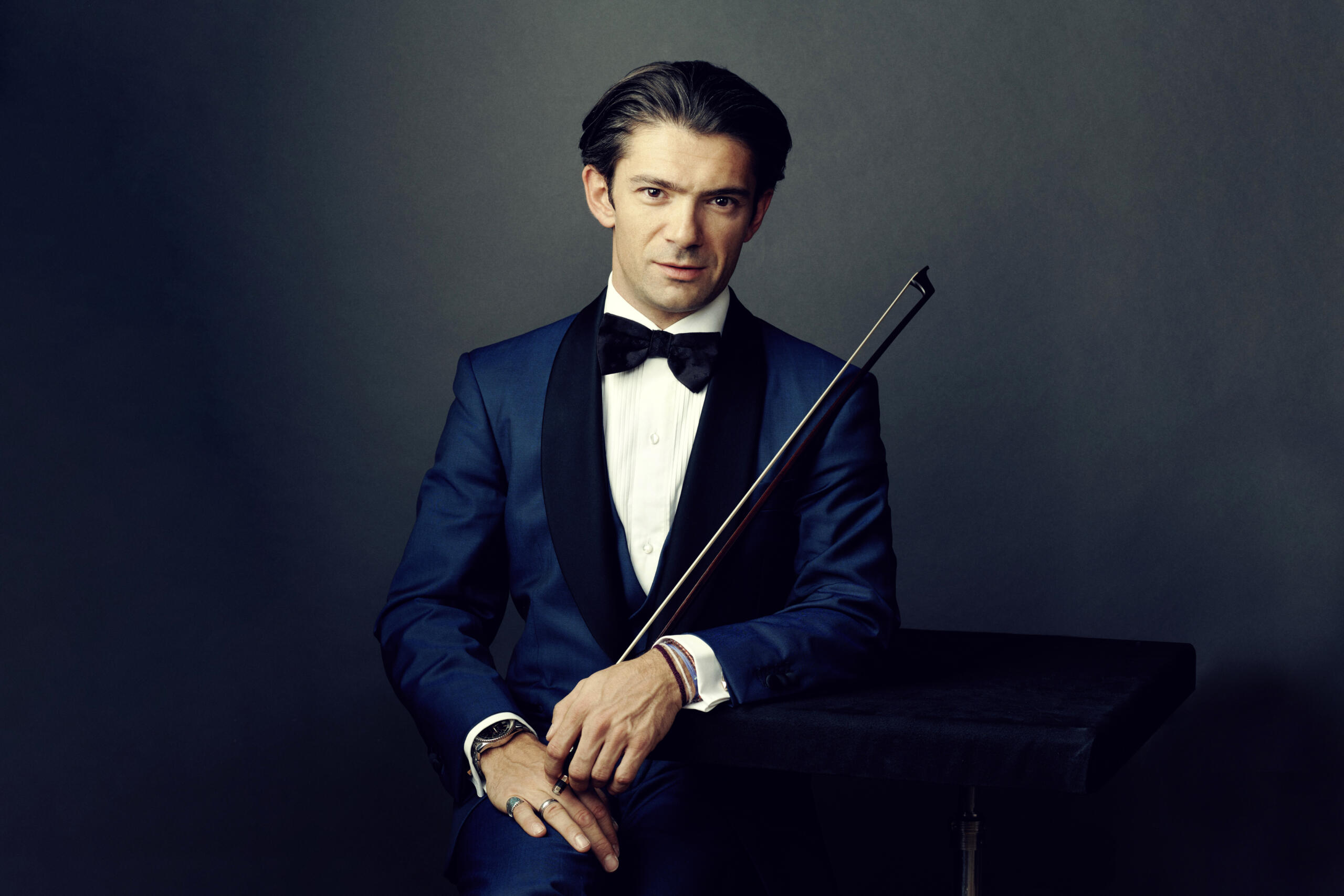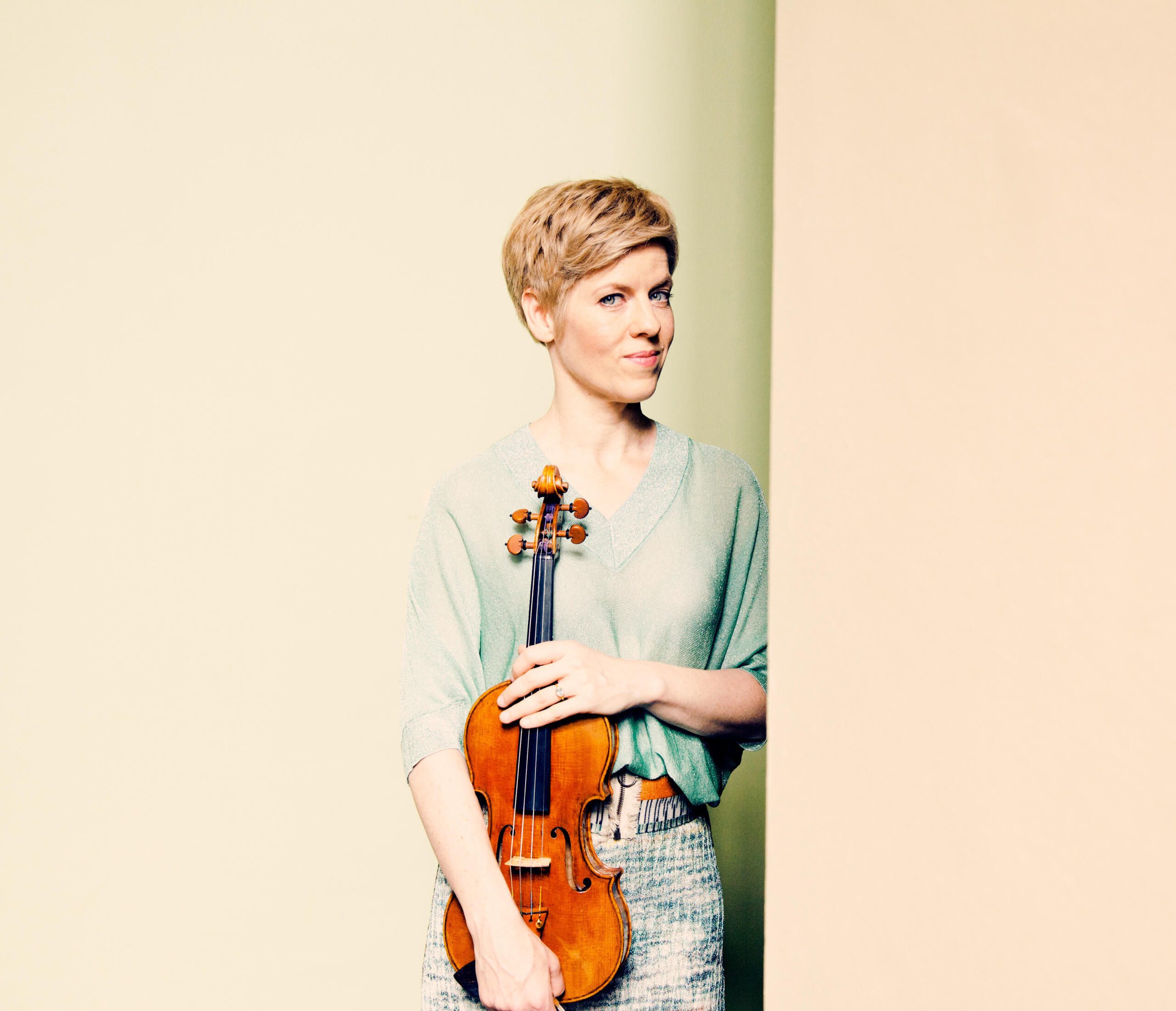Philharmonia Orchestra London: Beethoven / DvořákSanttu-Matias Rouvali (conductor), Patricia Kopatchinskaja (violin)
This event is in the past.

Audiences at concerts by this adventurous Moldovan/Austrian/Swiss violinist, should be ready expect the unexpected. Conductor Santtu-Matias Rouvali also enjoys using the concert stage as an adventure playground.
This event is in the past.
Audiences at concerts by this adventurous Moldovan/Austrian/Swiss violinist, should be ready expect the unexpected. Conductor Santtu-Matias Rouvali also enjoys using the concert stage as an adventure playground.
Patricia Kopatchinskaja, violin
Santtu-Matias Rouvali, conductor
Patricia Kopatchinskaja and convention are words that are not normally found in the same sentence – especially when the artist puts what she refers to as the “greatest of all violin concertos” under the microscope. With a detective’s instincts, she highlights the relevant elements to show us what the composer still has to tell us, 200 years later. Is it possible that the throbbing, threatening timpani motif is rooted in the spirit of French revolutionary music? That Beethoven actually had no intention of writing a brilliant solo piece, but rather lets the violin loose to ensnare the orchestra, in turns improvisational and urgent? According to Kopatchinskaja, “We’ve crowned Beethoven with laurel wreaths and played him to death.” That makes it even more important for us to take him seriously again as a rebel, an innovator and an advocate for reason and human rights.
In their interpretation of Dvořák’s Symphony No 7, Santtu-Matias Rouvali and the Philharmonia Orchestra London therefore discard the cliched jovial Bohemian composer in favour of the contrasting aspects of ferocity, sorrow and grace.
Programme
- Ludwig van Beethoven: Concerto for violin and orchestra in D major, Op 61
- Antonín Dvořák: Symphony No 7 in D minor, Op 70
